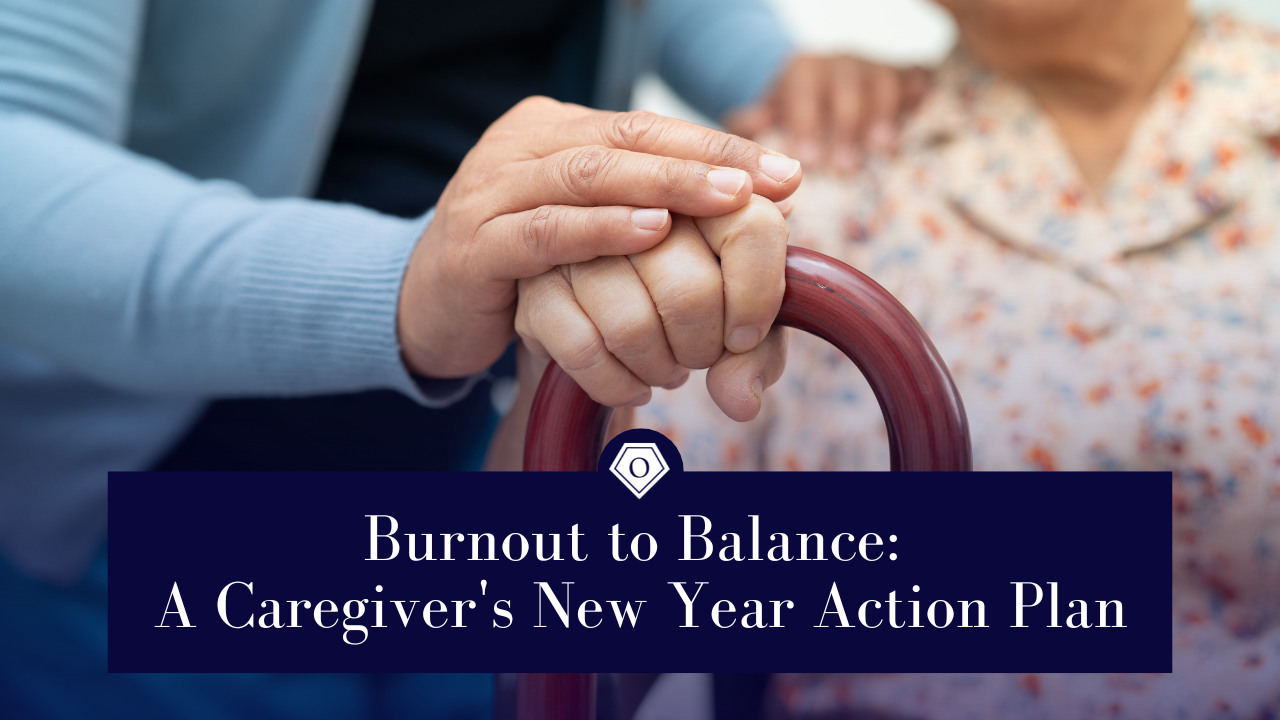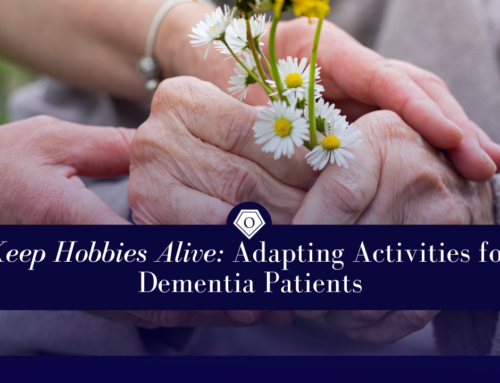The new year is a time of reflection and renewal, but for family caregivers, finding the time to prioritize self-care often feels like an impossible task. If you are caring for a loved one with dementia or Alzheimer’s, the daily demands can leave you feeling physically, emotionally, and mentally drained. However, taking care of yourself isn’t selfish—it’s essential for providing the best care for your loved one.
Here are some practical self-care tips and strategies to help you recharge and thrive in the year ahead:
1. Recognize the Importance of Self-Care
Caregivers often place their needs last, but neglecting your well-being can lead to burnout, stress, and even health problems. Remember: you can’t pour from an empty cup. Taking time for yourself ensures you have the energy and resilience needed to care for your loved one.
2. Set Realistic Goals
Instead of trying to do everything, focus on what’s most important. Create small, achievable goals for yourself, such as:
- Taking a 15-minute walk each day.
- Scheduling time to read, meditate, or engage in a hobby.
- Connecting with friends or joining a support group.
3. Ask for and Accept Help
No one expects you to do it all alone. Reach out to friends, family members, or neighbors who might be able to assist with errands or provide short breaks. Additionally, professional home health services can offer specialized support, giving you peace of mind and time to recharge.
4. Incorporate Home Health Services
Home health care professionals are trained to provide personalized care for individuals with dementia or Alzheimer’s, including assistance with daily activities, medical needs, and companionship. By entrusting some responsibilities to experienced caregivers, you can:
- Take regular breaks to focus on your own health.
- Reduce the stress of managing complex care tasks.
- Spend more quality time with your loved one, free from the strain of being their sole caregiver.
5. Practice Stress Management
Stress is inevitable, but managing it is possible. Consider these techniques:
- Deep Breathing or Meditation: Spend 5-10 minutes a day practicing mindfulness.
- Exercise: Physical activity releases endorphins and boosts your mood.
- Journaling: Writing down your thoughts can help you process emotions and identify stress triggers.
6. Prioritize Your Health
As a caregiver, it’s easy to overlook your own health needs. Commit to:
- Scheduling regular check-ups with your doctor.
- Eating balanced meals and staying hydrated.
- Getting enough sleep, even if it means asking for help overnight.
7. Connect with a Community
You are not alone in this journey. Join a caregiver support group, whether in person or online, to share experiences, advice, and encouragement. Hearing from others who understand your challenges can provide immense relief and inspiration.
8. Plan for Respite Care
Respite care offers short-term relief by allowing professional caregivers to step in while you take time for yourself. Whether it’s a few hours a week or a longer break, respite care can be a game-changer for your mental and emotional health.
Starting the New Year with Support
As you begin this new year, take a moment to reflect on how incorporating support—from family, friends, or home health professionals—can transform your caregiving experience. Our agency specializes in dementia and Alzheimer’s care, offering compassionate, professional assistance to meet your loved one’s unique needs. Let us help lighten your load so you can focus on being the best version of yourself—both for your loved one and for you.
Reach out to us today to learn more about how our home health services can support you in the year ahead. Together, we can make this a year of care, renewal, and balance.
Dementia & Alzheimer’s Care
Onyx Home Care’s neurological disorder care is built around a system of support. This service includes skilled home care as well as a unique program that centers on the patient’s interests and stage of illness. Our goal is to see happy family members, patients and caregivers. Often times, caregivers feel remote. Our team includes each person in the home care process to provide inclusive care that helps the patient thrive.






